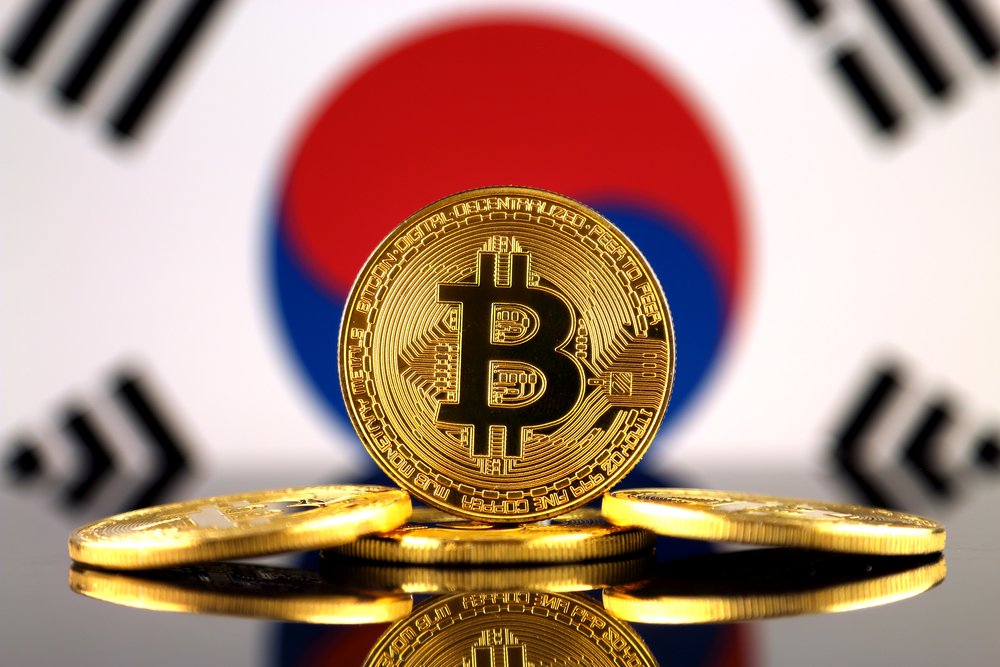It is not the first time mainstream media outlets haven’t fully grasped a situation affecting the cryptocurrency world. Depending on which source you believe, the South Korean government is either doing nothing or wants to ban all cryptocurrency trading. The truth of the matter is somewhere in the middle, as there is no intention to ban such trading whatsoever. Instead, a contingency plan has been drafted to punish companies not abiding by the new rules.
Understanding the Cryptocurrency Situation in South Korea
Over the past few weeks, a lot of things have happened involving South Korean regulators. At first, they were surprised to see exchanges and other trading platforms enact voluntary regulation. That sort of thing is exceedingly uncommon, especially in the world of cryptocurrency. However, the government still decided to impose some extra rules, which was only to be expected. Surprisingly, its approach seemed to be rather positive when looking at the bigger picture.
More specifically, the South Korean government is cracking down on anonymous trading across exchanges and brokers. It is evident they want customers to identify themselves and verify their identity before buying or selling Bitcoin and altcoins. After all, the same applies to virtually every other exchange in all corners of the world. It makes sense for the South Korean government to impose such a requirement as well. In the long run, this should help deter criminals from using Bitcoin or other cryptocurrencies on the market.
Fast forward to today, and sites like Reuters are claiming South Korea is banning cryptocurrency trading altogether. While it is a spectacular headline, it is not entirely factual. More specifically, it is true the government has cracked down on a few exchanges to ensure they are fully compliant with all of the new rules. On-site inspections are not uncommon in the world of cryptocurrency exchanges. Regulators are mainly interested in ensuring no company facilitates money laundering or tax evasion.
Moreover, Reuters claims Korean Justice Minister Park Sang-ki is preparing a bill to ban the trading of virtual currencies on domestic exchanges. Again, there is some truth to that statement. There is indeed a bill on the table which would terminate any cryptocurrency exchange or broker failing to comply with the new regulations. Any company violating the rules will be shut down immediately, and severe punishment will be headed their way. However, this doesn’t mean the bill will ban all cryptocurrency trading by default, other than the anonymous trading which we previously touched on.
In a way, we should commend the South Korean government for imposing fair cryptocurrency trading regulations. In China, we saw a similar approach at first, which ultimately led to the PBoC indefinitely banning all CNY-based trades. Whether or not that situation will ever be reversed has yet to be determined at this point. In South Korea, things will not get that far, at least for now. The bill to ban specific cryptocurrency exchanges hasn’t even been approved by the National Assembly. Advancing this bill may take months, if not years, assuming it will ever happen.
As one would expect, the misinformation distributed by the media triggered a massive sell-off across all cryptocurrency markets overnight. Virtually all of those losses were absorbed and recovered in a matter of two hours. It is not the first time incorrect media information has triggered unwarranted panic. For now, South Korea will not impose any ban on cryptocurrency trading whatsoever, but the government will keep a very close eye on the situation.

